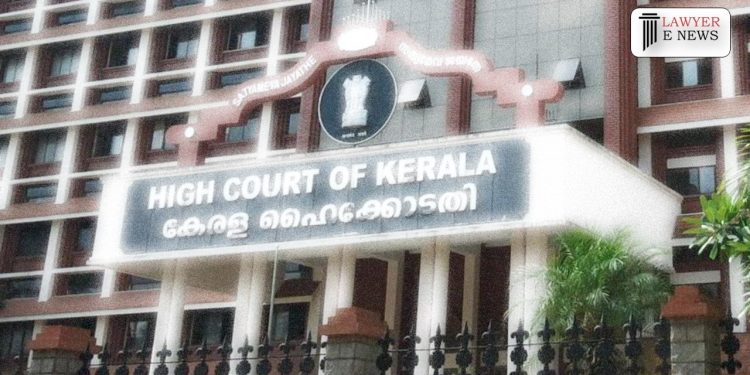-
by sayum
16 February 2026 8:46 AM



The Kerala High Court, presided over by the Honorable Mr. Justice G. Girish, recently addressed a significant legal question in the case O.P.(C) No.723 of 2023. The Court delved into whether a suit for the declaration of a document as null and void could be modified to one for cancellation of that document under Order VI Rule 17 of the Code of Civil Procedure (C.P.C.), especially at a stage when the case was reserved for judgment.
Legal Point: At the heart of this judgement lies the interpretation of Order VI Rule 17 C.P.C. and its application in the context of amending a suit's relief. The Court examined whether a plaintiff could modify their legal request from a declaration of a document as void to its cancellation, after the conclusion of the trial.
The original suit, filed by an octogenarian lady in the Sub Court of Kannur, challenged a document executed in favor of her daughter, alleging fraud and misrepresentation. After the trial concluded and the case was reserved for judgment, the plaintiff sought to amend the plaint to change the relief from a declaration of the document as void to its cancellation. This amendment was challenged under Article 227 of the Constitution of India by the defendant.
Plaintiff's Limited Legal Knowledge: The Court noted the plaintiff's limited understanding of legal terminologies and her reliance on legal advice. It recognized that the plaintiff, being an elderly individual, could not be expected to comprehend the nuanced differences between voiding and canceling a document.
Amendment Post-Trial: Despite the general prohibition against amendments after the trial's commencement under Order VI Rule 17 C.P.C., the Court found the plaintiff’s circumstances justified the amendment. There was no introduction of new facts or a deviation from the original stance.
Implications of the Amendment: The Court observed that the amendment did not alter the factual matrix of the case. It was merely a change in legal nomenclature without any new pleas, preserving the challenge to the document's validity.
Objection on Grounds of Limitation: The objection that the amended relief was barred by limitation was dismissed. The Court clarified that the challenge to the document's validity was made within the prescribed period, and changing the nature of the relief did not affect its timeliness.
The Court dismissed the original petition and allowed the amendment as per the impugned order of the learned Sub Judge. It held that the change in the nature of the relief sought did not contravene the prescribed limitation period, as the fundamental challenge to the document’s legality was raised timely.
Date of Decision: April 1, 2024
Sreeja C.C. Vs. Yesoda.
